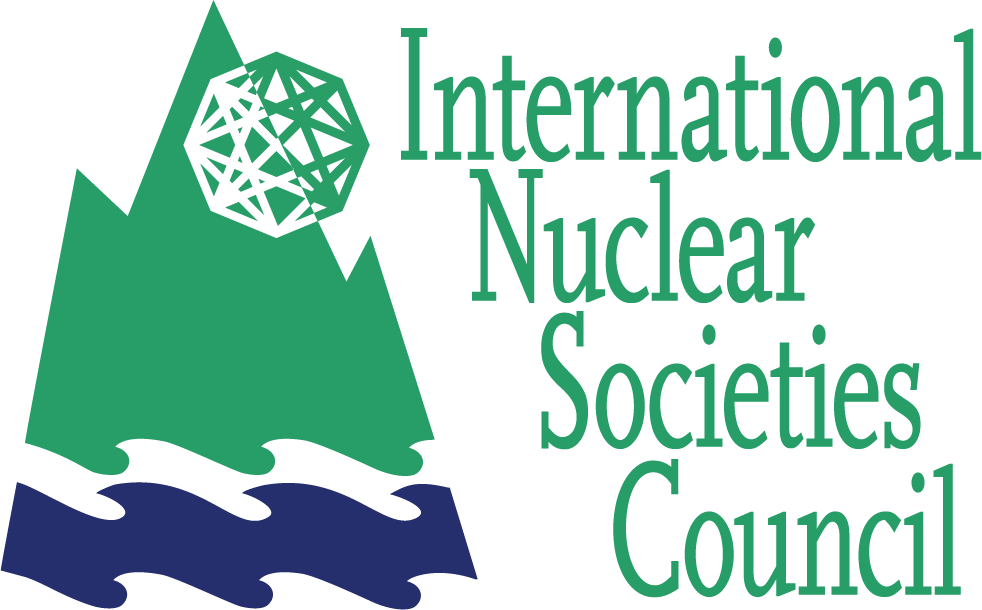Category: INSC Information
International Nuclear Societies Council (INSC) Position Statements Guidelines
May 2022
Global Award
The International Nuclear Societies Council created the GLOBAL AWARD in the desire to promote recognition of noteworthy innovative efforts in the interests of safe and economically responsible peaceful application of nuclear technology.
The INSC GLOBAL AWARD is to honor an individual or program group whose international professional efforts in developing nuclear technology utilization in a sustainable manner for the welfare of society in accordance with the principles of the INSC Global Creed.
| Year | Recipients | ||||||||||||||||||||||||||||||||||||||||||||||||||||||||||||||||||||||||||||||||||||||||||||||||||||||||||||||||||||||||||||||||||||||||
| 1998 | Hans Blix, Sweden | ||||||||||||||||||||||||||||||||||||||||||||||||||||||||||||||||||||||||||||||||||||||||||||||||||||||||||||||||||||||||||||||||||||||||
| 2000 | L. Manning Muntzing, USA | ||||||||||||||||||||||||||||||||||||||||||||||||||||||||||||||||||||||||||||||||||||||||||||||||||||||||||||||||||||||||||||||||||||||||
| 2002 | Takashi Mukaibo, Japan | ||||||||||||||||||||||||||||||||||||||||||||||||||||||||||||||||||||||||||||||||||||||||||||||||||||||||||||||||||||||||||||||||||||||||
| 2004 | Wang Naiyan, China | ||||||||||||||||||||||||||||||||||||||||||||||||||||||||||||||||||||||||||||||||||||||||||||||||||||||||||||||||||||||||||||||||||||||||
| 2006 | Jorge Spitalnik, Brazil | ||||||||||||||||||||||||||||||||||||||||||||||||||||||||||||||||||||||||||||||||||||||||||||||||||||||||||||||||||||||||||||||||||||||||
| 2008 | Bertrand Barr
Categories
INSC OfficersINSC has four officers: Chairman, 1st Vice-Chairman, 2nd Vice-Chairman and Secretary/Treasurer. In addition, to give the necessary material support to the organization, the Chairman appoints an assistant from his Society to perform his secretarial activities. The following tables list the INSC officers since its creation:
|
